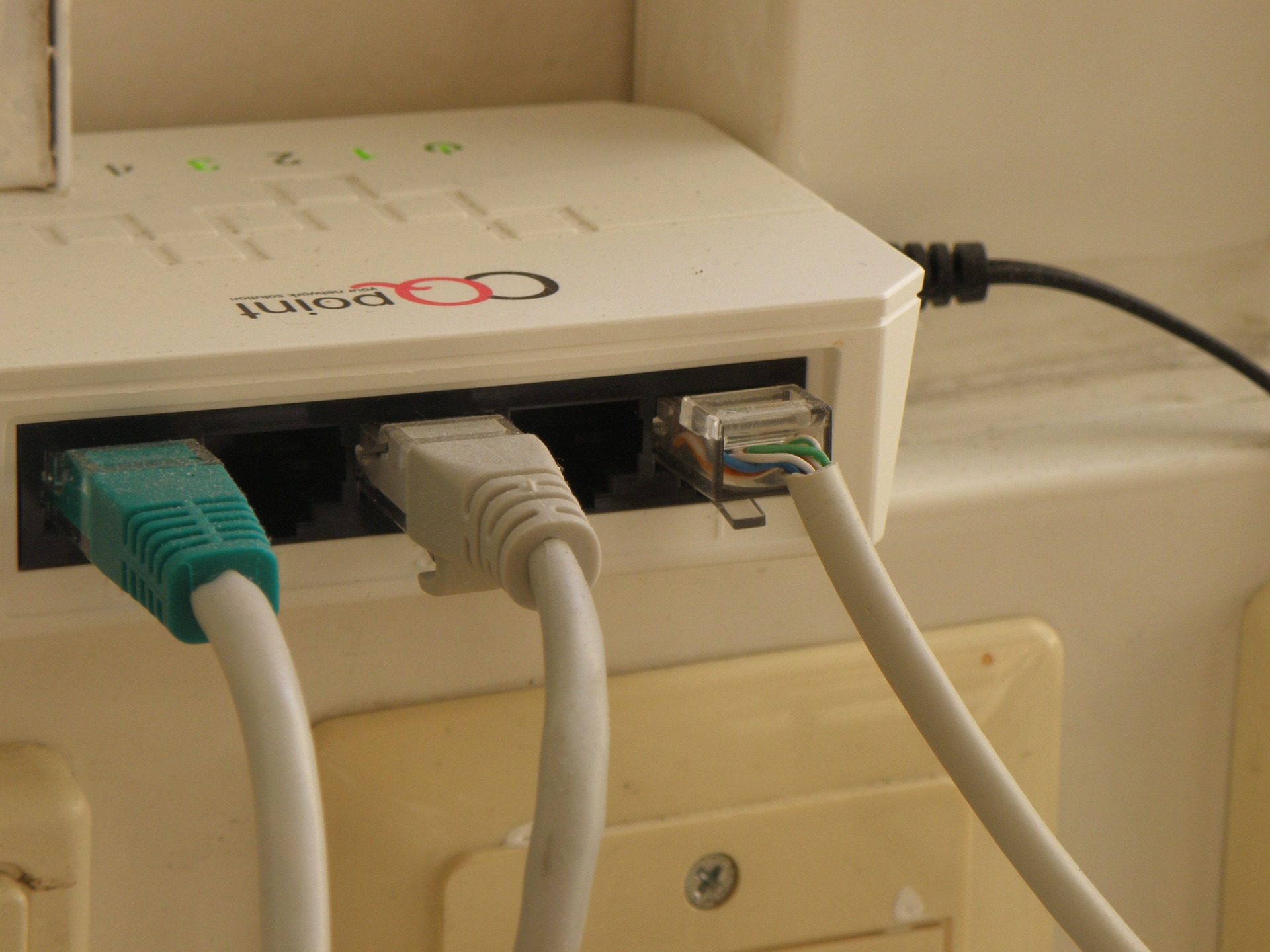Unraveling the Intricacies of VoIP: A Game Changer in Telecommunication
Telecommunication and internet technologies have seen a massive transformation over the past few decades. Among the various technologies that have emerged, Voice over Internet Protocol (VoIP) stands out as a significant development that has revolutionized communication. This article delves into the intricate details of VoIP technology, its impact on the telecom industry, and its practical applications.

The Genesis of VoIP and Its Technological Evolution
Voice over Internet Protocol, or VoIP, is a technology that allows voice communications and multimedia sessions to be delivered over the Internet. This technology was first introduced in the late 1990s as a cost-effective alternative to traditional telephony services. It started as a computer-to-computer communication tool but evolved to offer computer-to-phone and phone-to-phone services. The evolution of VoIP technology was primarily driven by advancements in internet infrastructure and digital signal processing.
VoIP: Disrupting the Telecom Industry
The advent of VoIP marked a paradigm shift in the telecom industry. It not only disrupted traditional telephony services but also opened up a plethora of opportunities for businesses. With its ability to offer cost-effective communication solutions, VoIP became a preferred choice for many businesses. Moreover, the technology’s versatility allowed it to be integrated with other services such as email, web conferencing, and customer relationship management (CRM) software, thereby enhancing its utility.
Regulatory Changes and Their Impact on VoIP
With the growing popularity of VoIP, regulatory bodies across the globe have been compelled to revisit their telecom regulations. Given the unique nature of VoIP, which blends telecommunication and internet services, regulators have had to strike a balance between fostering innovation and ensuring consumer protection. In many regions, VoIP services have been subject to the same regulatory requirements as traditional telecommunication services. These regulations have been instrumental in shaping the growth trajectory of VoIP.
Practical Applications of VoIP
VoIP technology finds extensive application in various sectors. In the corporate world, VoIP is used for conducting virtual meetings, webinars, and training sessions. It is also used in customer service centers to handle customer queries and complaints. In the healthcare sector, VoIP facilitates telemedicine services, allowing doctors to consult with patients remotely. VoIP also plays a vital role in distance education, enabling interactive learning experiences.
The Road Ahead for VoIP
With advancements in internet technology and an increase in broadband penetration, the future of VoIP looks promising. Experts predict that with the integration of Artificial Intelligence (AI) and Machine Learning (ML), VoIP services will become smarter and more efficient. However, like any other technology, VoIP also faces challenges, primarily in terms of security and quality of service. Addressing these challenges will be crucial for the sustained growth of VoIP technology.
In conclusion, VoIP has indeed been a game-changer in the world of telecommunications. Its cost-effectiveness, versatility, and wide range of applications have made it an indispensable tool in today’s digital age. As we move forward, it will be interesting to see how this technology evolves to meet the ever-changing communication needs of individuals and businesses.






